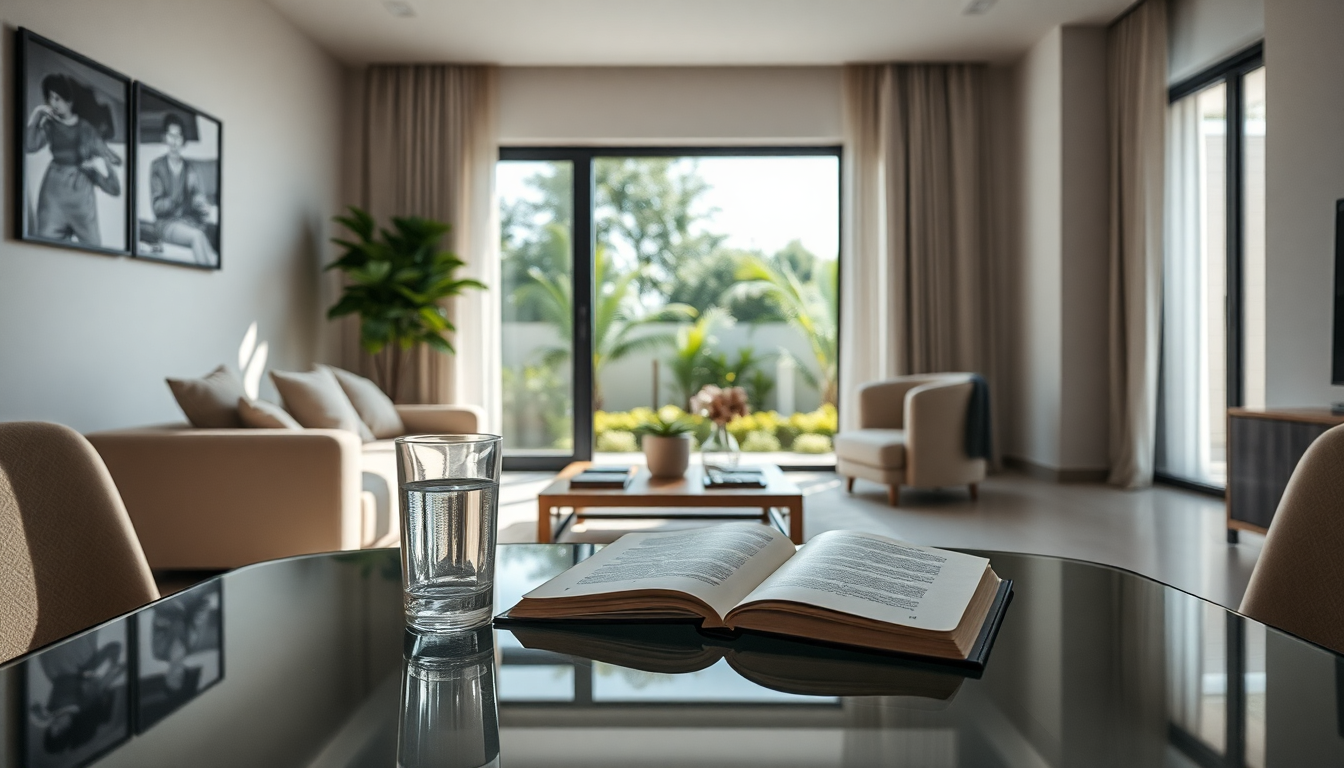Table of Contents
The recent assassination of Roberto Samcam, a retired Nicaraguan military officer and a vocal critic of President Daniel Ortega, has sent shockwaves through the Nicaraguan community. It raises urgent concerns about the safety of dissidents living abroad. At just 67 years old, Samcam was tragically gunned down in his condominium in Costa Rica, a country often viewed as a refuge due to its relative stability compared to Nicaragua. This shocking incident highlights the brutal realities faced by those who oppose the Ortega regime, even when they seek safety in foreign lands.
The Circumstances of Samcam’s Murder
According to reports, Samcam was shot multiple times by an assailant disguised as a delivery driver who gained access to his home in San Jose. This brazen attack is especially alarming given Costa Rica’s reputation as a safe haven for Nicaraguan exiles fleeing government repression. The Judicial Investigation Organization of Costa Rica confirmed that the weapon used was a 9mm pistol, and, unfortunately, the suspect managed to escape on a motorcycle, leaving many to wonder: how safe are exiled individuals in countries that are supposed to protect them?
Samcam’s assassination isn’t just a tragic anomaly; it reflects a disturbing trend where Nicaraguan dissidents abroad are increasingly targeted by agents of the Ortega regime. The climate of fear surrounding these individuals has intensified significantly since the 2018 protests in Nicaragua, where thousands took to the streets demanding democratic reforms and an end to Ortega’s authoritarian rule. Have we really reached a point where even abroad, those who dare to speak out are not safe?
The Broader Context of Political Repression
The protests in 2018 were ignited by proposed social security reforms but quickly morphed into widespread demonstrations against Ortega’s government. In retaliation, the regime unleashed a brutal crackdown that resulted in significant casualties and rampant human rights violations. According to the Inter-American Commission on Human Rights (IACHR), around 355 individuals lost their lives during these protests, with many more injured or arbitrarily detained. What does this say about the state of democracy in Nicaragua?
Samcam was a fierce critic of Ortega’s methods during these protests, drawing parallels between the current regime and the infamous Somoza dictatorship that ruled Nicaragua for decades. Even after going into exile, he remained committed to his advocacy work, taking on a prominent role in documenting human rights abuses committed by the Ortega administration. His recent efforts included gathering testimonies from victims of torture and other abuses, with the aim of holding Ortega accountable through international legal avenues. Isn’t it inspiring to see someone so dedicated to justice, even in the face of danger?
This ongoing situation underscores the pervasive atmosphere of fear and repression that defines the Nicaraguan political landscape. The government has systematically targeted dissenters, stripping many of their citizenship and property rights while consolidating Ortega’s power through constitutional reforms. How long can this go on before the world takes notice?
The Implications for Nicaraguan Dissidents
Samcam’s murder serves as a chilling reminder for other Nicaraguan exiles and dissidents. It underscores the urgent need for stronger safety measures and increased international support for those who bravely oppose the Ortega regime. It also raises critical questions about how the international community can effectively protect those who risk everything to speak out against authoritarianism.
The experiences of dissidents like Joao Maldonado, who survived two assassination attempts while living in Costa Rica, further illustrate the ongoing dangers faced by those who challenge the regime. As more individuals come forward to voice their opposition, the threat of violent reprisals looms large—not just in Nicaragua, but also in the nations where these brave souls seek refuge. What can we do to ensure their voices are heard without fear?
Ultimately, the assassination of Roberto Samcam is a stark reminder of the perils faced by political dissidents, regardless of their geographical location. It calls for a critical reevaluation of the protective measures in place for those who stand against tyranny, as well as a concerted effort to bring attention to their struggles. How can we, as a global community, ensure that their fight for justice doesn’t go unnoticed?


